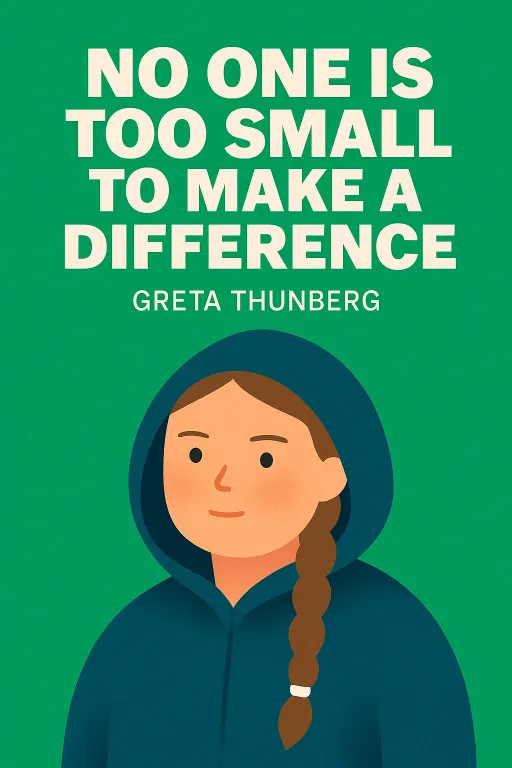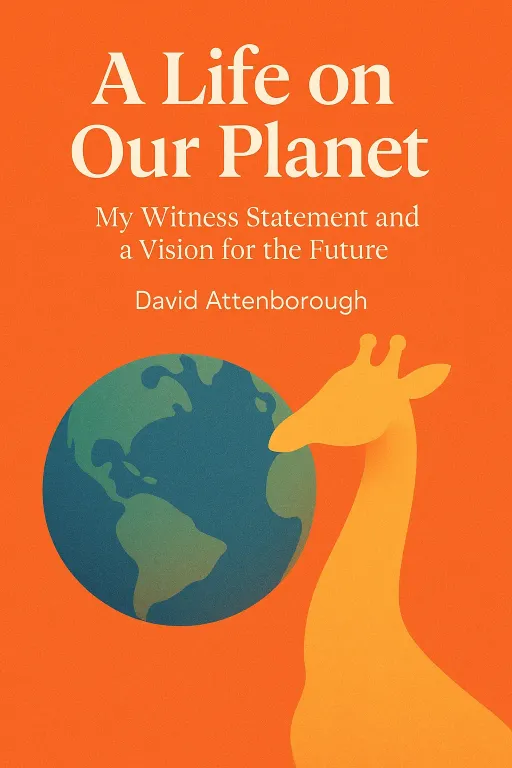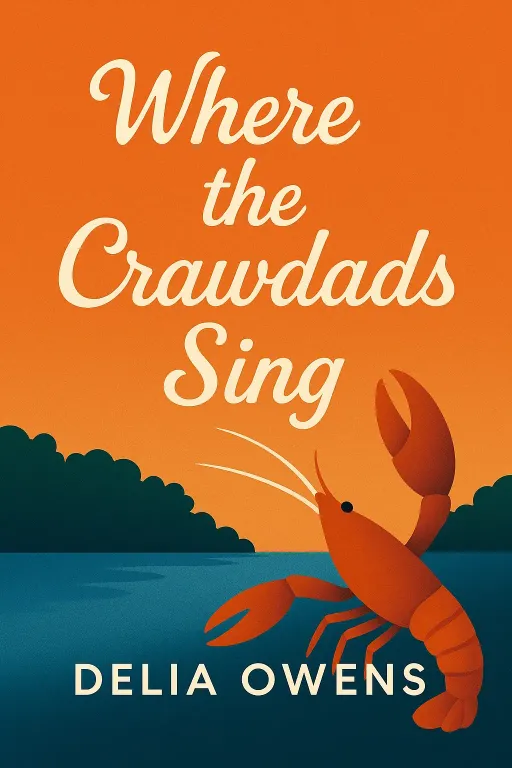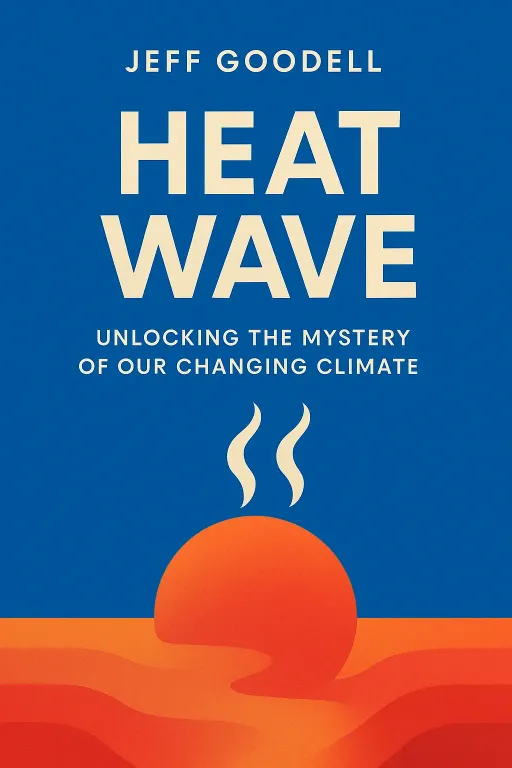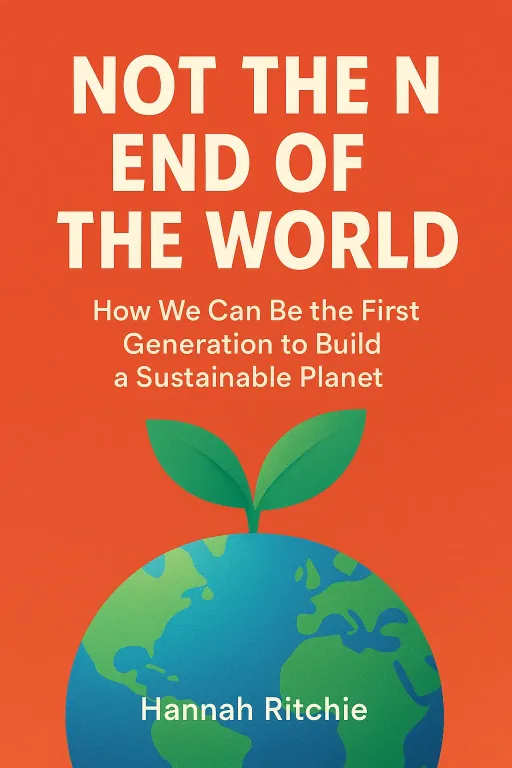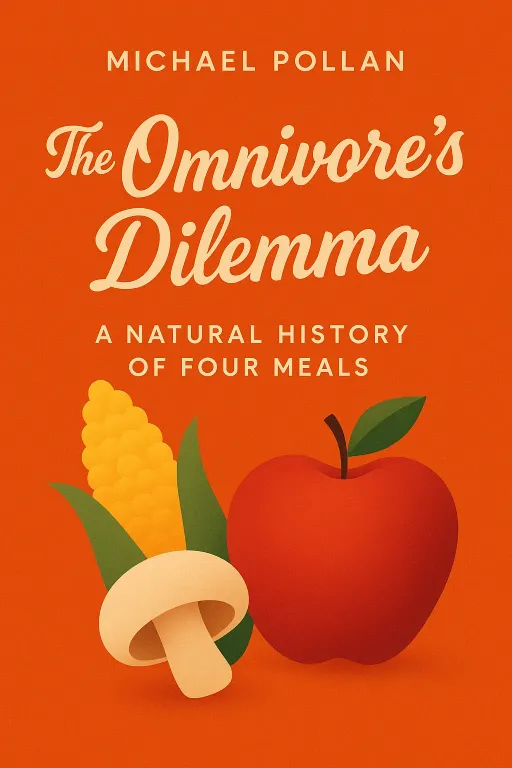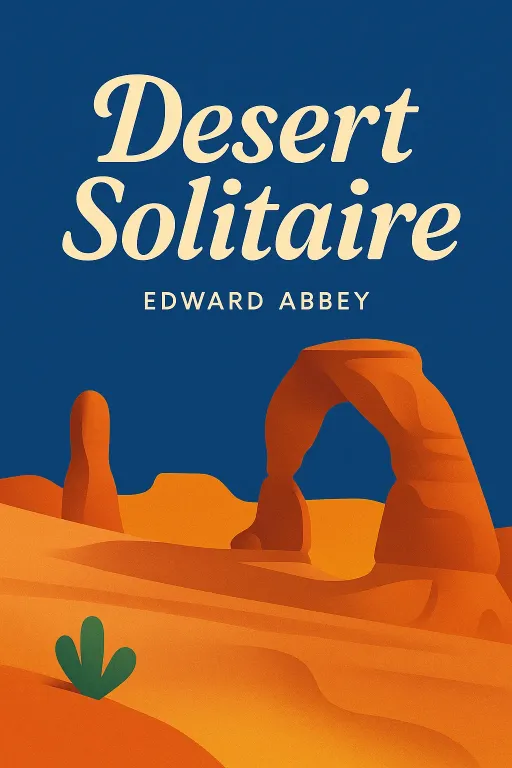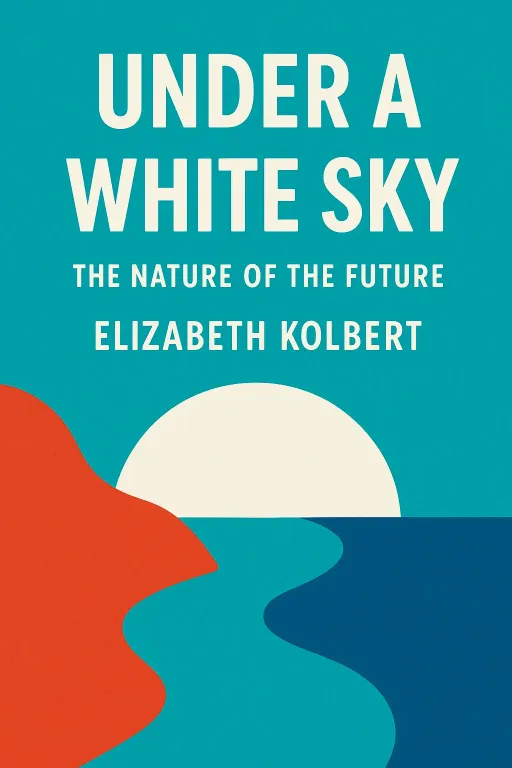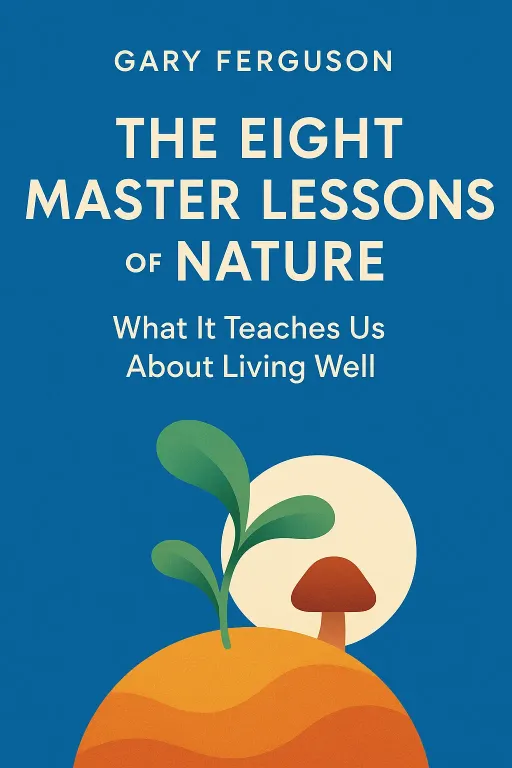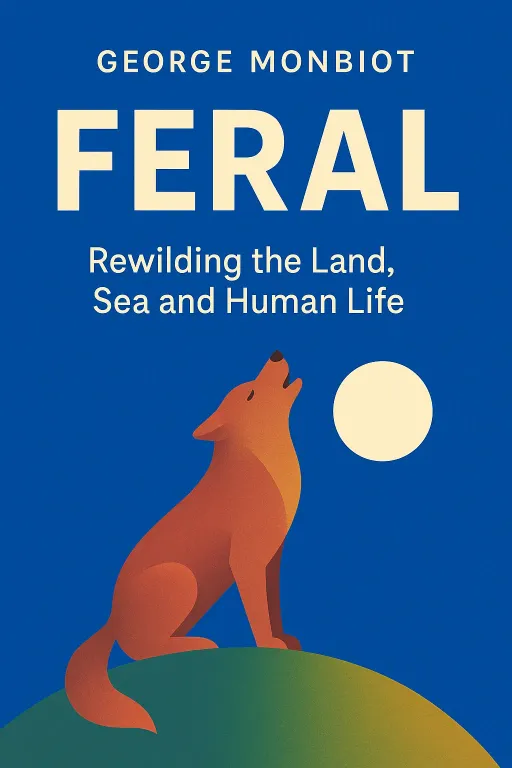
Bring Back the Wolves
12 minRewilding the Land, Sea and Human Life
Golden Hook & Introduction
SECTION
Mark: Most people think of conservation as protecting what's left of nature. Building fences, managing populations, keeping things just as they are. Michelle: Right, like putting a fragile antique in a glass case. Don't touch. Mark: Exactly. But what if the best way to save our planet isn't to protect it, but to get out of the way and let it run wild? What if the answer is to bring back the wolves, the beavers... maybe even the elephants? Michelle: Wolves? Elephants? In Britain? That sounds… ambitious. And maybe a little terrifying for the morning dog-walker. Mark: It’s a radical idea, and it’s at the heart of the book we’re diving into today: Feral: Rewilding the Land, Sea and Human Life by George Monbiot. And this book was a bombshell when it came out. Monbiot isn't a traditional scientist; he's a journalist and activist, and Feral was so influential it directly inspired the founding of the charity Rewilding Britain. It really kickstarted a national conversation. Michelle: I see. So this isn't just a nature book, it's a manifesto. The reviews I saw were all over the place—some people found it profoundly hopeful, others thought it was completely subversive. Mark: It’s both. Monbiot argues that our vision of environmentalism has been too small, too focused on managing decline. He offers what he calls "a work of hope." Michelle: Okay, I’m intrigued. But I’m still stuck on the wolf thing. How does letting a predator loose possibly help anything? Let's start there.
Trophic Cascades: The Hidden Engine of a Wild World
SECTION
Mark: That is the perfect place to start, because it gets to the core ecological idea in Feral, which is the concept of a "trophic cascade." Michelle: Trophic cascade. Sounds like a fancy energy drink. What does it actually mean? Mark: It's the idea that an ecosystem isn't just a list of plants and animals. It's a web of relationships. And when you change something at the top of the food chain, the effects cascade all the way down, transforming everything. The most stunning example Monbiot uses is the reintroduction of wolves to Yellowstone National Park in 1995. Michelle: Ah, the famous Yellowstone wolves. I've heard about this, but I feel like I only know the headline. Mark: The full story is mind-blowing. For seventy years, there were no wolves in Yellowstone. And without them, the elk population exploded. They were everywhere. And they ate everything. The riverbanks were grazed down to nothing. They were becoming bare, eroded, and barren. Michelle: So, too many deer, basically. Mark: Exactly. The park managers were in a constant battle, trying to control the elk numbers. But then, in 1995, they brought back the wolves. Just 41 of them, captured in Canada. And what happened next was almost like magic. The wolves, of course, hunted some of the elk. But more importantly, they changed the behavior of the remaining elk. Michelle: How so? They made them nervous? Mark: Precisely. The elk started avoiding the open valleys and gorges where they could be easily ambushed. And because the elk were no longer constantly grazing along the riverbanks, the vegetation started to come back. Willows and aspen trees, which had been suppressed for decades, suddenly shot up. In some areas, the trees grew to five times their height in just six years. Michelle: Wow. So the trees returned because the elk were scared to hang out by the river. Mark: And that was just the beginning of the cascade. The new trees provided food and habitat for beavers. The beaver population boomed. They built dams, which created new ponds and wetlands. These new habitats brought in otters, muskrats, ducks, and fish. The trees also attracted songbirds that had been absent for years. Michelle: Hold on. So the wolves brought back the birds? Mark: They did. And the bears, too. The bears came to feed on the berries growing on the new shrubs and on the leftover wolf-kills. But the most amazing part? The wolves changed the rivers themselves. Michelle: Come on. Now you're pulling my leg. How can a wolf change a river? Mark: The new forests of trees and shrubs stabilized the riverbanks. There was less erosion. The rivers stopped meandering so much, their channels narrowed, and more pools and riffles formed. The physical geography of the park was transformed. All because a top predator was put back into the system. Monbiot’s point is that rewilding isn't about creating a fixed outcome; as he says, "the process is the outcome." You restore the dynamic relationships, and the ecosystem heals itself in ways you could never predict. Michelle: That's incredible. It’s like the wolves were ecosystem engineers and they didn't even know it. It reframes the whole idea of a predator from a "villain" to a vital architect. So my cat chasing a laser pointer isn't quite the same thing, then? Mark: (laughs) Not quite, unless it's somehow causing your houseplants to flourish. But it shows how disconnected we are from these natural dynamics.
Shifting Baselines & Ecological Boredom: Why We Don't See What We've Lost
SECTION
Mark: And that’s the perfect transition, because what's truly wild is that we've forgotten this is how nature is supposed to work. Which brings us to Monbiot's most personal argument: many of us are suffering from what he calls 'ecological boredom.' Michelle: Ecological boredom? That sounds like a very specific, very British kind of melancholy. Mark: It is! But it’s rooted in a real phenomenon he discusses called "Shifting Baseline Syndrome." It’s the idea that each new generation accepts the degraded state of the environment they grow up in as the normal, natural baseline. We lose our memory of what abundance looked like. Michelle: That makes so much sense. We go to a national park and think, "Wow, this is pristine wilderness," but we have no idea what it looked like 200 or 500 years ago. It’s like our collective memory has amnesia. Mark: Exactly. Monbiot describes his home in the Cambrian Mountains of Wales. To an outsider, it looks beautiful—rolling green hills. But he calls it a "sheepwrecked" landscape. Michelle: Sheepwrecked? I love that. But aren't sheep a classic part of that countryside image? What's so bad about them? Mark: From an ecological perspective, they're devastating. For centuries, the hills have been overgrazed. The sheep eat every tree seedling that tries to grow. The result is what Monbiot calls a "green desert." There are no forests, very few birds, no insects, no complex life. It's a landscape held in a state of managed degradation, and we've come to see it as "natural" and even beautiful. Michelle: So we're celebrating a ghost of an ecosystem. Mark: A ghost, yes. And Monbiot contrasts this with his earlier life, working in the Amazon rainforests of Brazil. He describes this incredibly raw, violent, but viscerally alive world of goldminers and uncontacted tribes. It was dangerous and terrifying, but it was alive. And returning to the quiet, subdued, "safe" landscape of Wales, he feels this profound sense of loss, this ecological boredom. A yearning for a life richer in adventure and surprise. Michelle: I can see how that would mess with your head. You've seen what a truly vibrant, chaotic ecosystem feels like, and then you come home to... manicured emptiness. So are you saying these bizarre big cat sightings you hear about in the UK, like the "Pembrokeshire Panther," are a symptom of this? Mark: That's exactly Monbiot's theory. He investigates these sightings and finds, unsurprisingly, zero hard evidence. No bodies, no clear prints, nothing. But thousands of people are convinced they've seen a panther or a puma. He proposes that these sightings are a manifestation of our longing for the wild. Our minds are projecting the predators that should be there back into the landscape. As he puts it, "Our desires stare back at us, yellow-eyed and snarling, from the thickets of the mind." Michelle: Wow. So we're literally hallucinating a wilder world because we miss it so much. That's both poetic and a little sad.
The Human Dilemma: Rewilding People, Politics, and Perils
SECTION
Michelle: Okay, I'm sold on the romance of it all. The poetry of trophic cascades, the cure for our ecological boredom. But let's be real. You can't just drop wolves into the Scottish Highlands without some serious pushback. What about the farmers? The people who actually live there? Mark: And that is the million-dollar question, and Monbiot dedicates a huge part of the book to it. He is not naive about the challenges. He confronts the conflict with sheep farming head-on, arguing that it's an ecologically and often economically destructive industry propped up by massive subsidies. Michelle: So he's saying the sheep are only there because of government money? Mark: In many upland areas, yes. He points to data showing that in some regions, the subsidies paid to sheep farmers are far greater than the income the farms actually generate. And he contrasts this with the economic boom from wildlife tourism. On the Scottish Isle of Mull, for example, the reintroduction of white-tailed sea eagles brings in millions of pounds a year and supports over a hundred full-time jobs. That’s far more than the traditional land uses, like deer stalking, which employ very few people. Michelle: Okay, so there's an economic argument. But it's still a massive cultural shift. You're talking about changing a way of life that's been around for generations. Mark: Absolutely. And this is where the book gets really nuanced and, frankly, dark. Monbiot is clear that rewilding must happen with the consent and for the benefit of local people. He tells the story of meeting a Welsh farmer, Dafydd Morris-Jones, who pushes back, saying rewilding feels like it "takes the people out," that it's an ideology of "cleansing." Michelle: That's a powerful accusation. Mark: It is, and Monbiot takes it seriously, because he knows this idea has a dangerous history. He explores the concept of "forced rewilding." He looks at how the creation of national parks, both in America with Yellowstone and in colonial Africa, often involved the violent eviction of indigenous people from their ancestral lands. The land was "rewilded" by removing its human inhabitants. Michelle: Whoa. So this beautiful idea of letting nature be free has a really ugly shadow. That's a crucial warning. It's not just about ecology; it's about justice. Mark: It's the most important warning in the book. He even touches on the Nazi obsession with restoring "primeval" German forests, which was linked to their horrific ideology of racial purity and eugenics. The desire to "rewild" can be twisted into misanthropy and fascism. Monbiot's point is that we have to be vigilant. True rewilding must be a positive, inclusive vision. It can't be about hating humanity.
Synthesis & Takeaways
SECTION
Michelle: So, after all this—the wolves, the sheep, the dark history—what's the big takeaway from Feral? It feels like it's about so much more than just planting trees. Mark: It really is. I think it comes down to this: Monbiot is arguing that rewilding is, first, a powerful ecological tool that can heal our broken landscapes in ways we can't even imagine, as the Yellowstone story shows. Second, it's a necessary psychological reset for us, a cure for the 'ecological boredom' and amnesia that comes from living in a diminished world. Michelle: But with a huge ethical asterisk. Mark: The biggest asterisk. The third and most critical point is that it must be done with and for people, not against them. It has to be an act of hope, not an act of misanthropy. He has this fantastic quote that sums it up: "Rewilding, paradoxically, should take place for the benefit of people, to enhance the world in which we live, and not for the sake of an abstraction we call Nature." Michelle: I like that. It grounds the whole idea. It’s not about erasing humans, but about finding a better, wilder, more exciting way for us to live on the planet. It leaves you wondering, what part of your own life—not just the land, but your work, your mind—could use a little 'rewilding'? Mark: That's the perfect question to end on. It's about letting go of that need for total control and seeing what amazing things happen when you let a little wildness back in. We’d love to hear what our listeners think. What does 'rewilding' mean to you? Let us know on our social channels. Mark: This is Aibrary, signing off.
